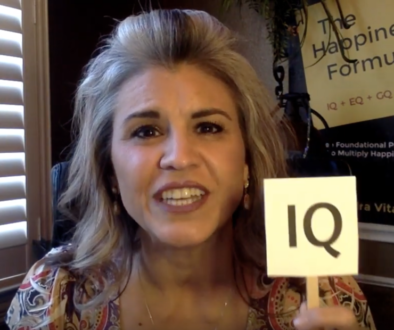The Delusion of Knowledge

The Delusion of Knowledge
In the 2011 first edition of “Stanford,” my university’s magazine for alumni, an article “Separation Anxiety” addresses the unintended consequences of a world that is increasingly dependent on technology and, specifically, the impact this instant access to information has on what we perceive as “factual” and, thus, assume to be the “truth.”
A case in point is the degree to which we believe we “know” someone because we have read their Facebook profile, seen their professional photo on a corporate website and engaged in hours of “honest” and “deep” personal email exchanges. When you have so much data, we are led to believe that we have everything we need to know in order to make a good decision.
The article points out that “a study published in 2007 by researchers at University of Texas School of Public Health showed that nearly one-third of adult women engaged in sexual activity during their first face-to-face meeting with men they had met online and 77% of these did not use condoms…even though most had been clear in their online communication that they did not intend to meet to have sex and were wary about sexually transmitted diseases.”
The illusion of knowledge is the unintended consequence of a society that has instant access to data which because it comes from a perceived-to-be “unbiased” source – the internet – we delude ourselves into thinking we have all the information we need to make a good decision. We believe we have done quality research when we have found articles that support or deny the query we have posited.
But the internet is not fact. It is merely a collection of opinion about other information none of which the individual himself has vetted to determine the validity of the subject in question. You have not engaged in research because you have consulted the opinions of others online.
For example, if the technological access to information we have today existed in the 1400s the consensus would lead one to believe through his “exhaustive research,” that the world was flat…..and the illusion of knowledge and delusion of truth would have continued.
The “Stanford” article quotes another author who argues that “the digital onslaught that makes us better at skimming information is eroding our ability to concentrate and contemplate.”
The quest for the truth remains an individual endeavor and while one should consult external sources, if you have not personally proven the truth to yourself via live, personal research, you are merely another follower of someone else’s dogma.



